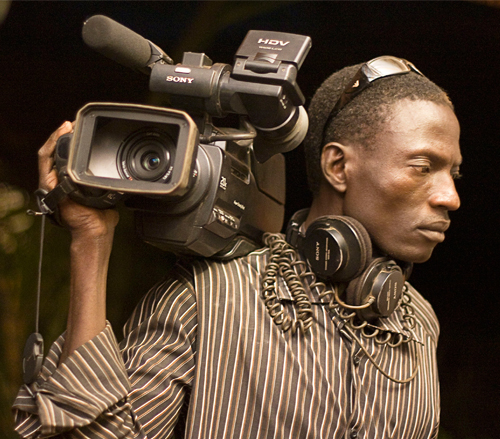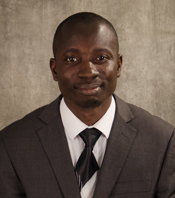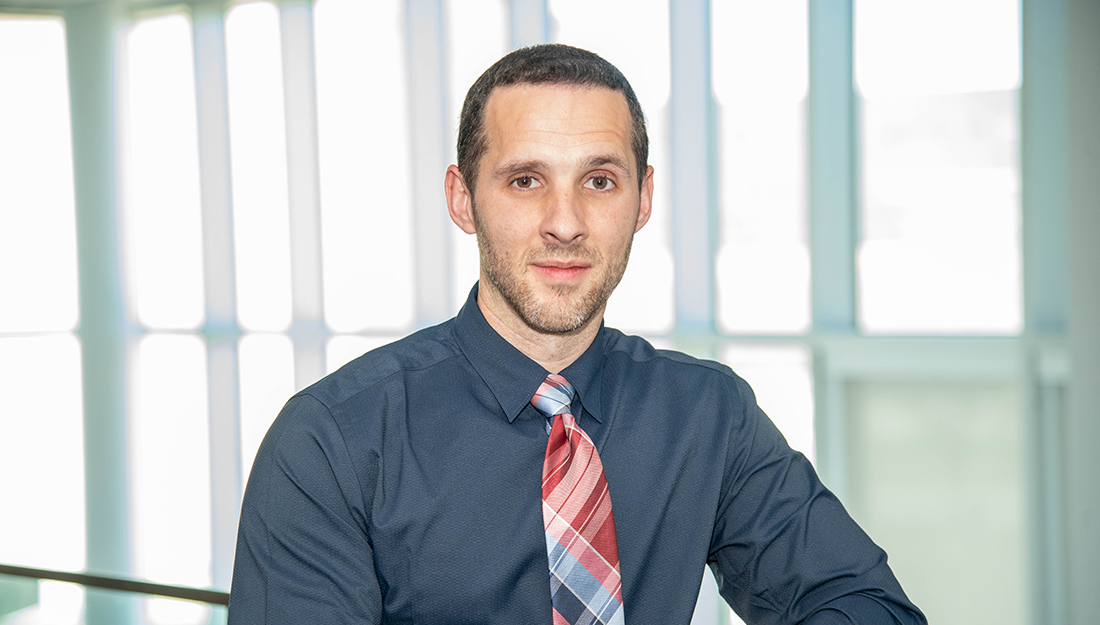Preparing African journalists for the next health crisis


Journalism and the media are key factors in the public’s understanding of science and health information. With the recent Ebola outbreak in Africa, the tremendous need for dissemination of accurate health information to the public has been highlighted. Findings from a Texas A&M Health Science Center study completed in Ghana and recently published in the Public Understanding of Science journal, provide insights and recommendations that could help the country’s media response to future disease outbreaks
Bernard Appiah, Dr.P.H., instructional assistant professor at the Texas A&M Health Science Center School of Public Health, surveyed members of the Ghana Journalist Association (GJA) working in Accra, the capital of Ghana, to better understand the professional characteristics of journalists and what factors serve as barriers or motivators in covering science stories. GJA is composed of both broadcast and print journalists.

The study found that in most media organizations, general reporters rather than specialized science reporters produce science stories. Barriers include lack of science writing training, no access to contact information of scientific researchers, lack of senior level media organization support and reporters being too busy with non-science stories. Top motivational factors that might influence journalists to report more science stories include receiving more training in science journalism, career advancement opportunities and better availability of science research findings.
“Of particular interest was that journalists with ten or less years experience indicated reporting more science stories than journalists with more than ten years experience, which indicates younger reporters would benefit most from training,” Appiah said.
Other recommendations include introducing science journalism as a core course to students studying journalism and government public information officers producing fact sheets/press releases in layman terms on scientific findings for distribution to the media. Also, compiling databases of both scientists and journalists to aid in media-researcher communication would be beneficial.
Additional Texas A&M researchers include Barbara Gastel, M.D., M.P.H., James Burdine, Dr.P.H., and Leon Russell, D.V.M., Ph.D.
Media contact: media@tamu.edu


